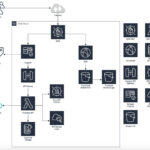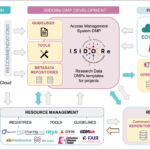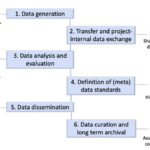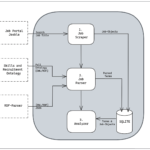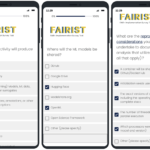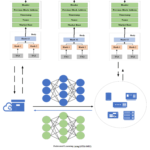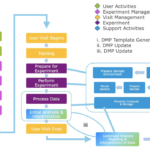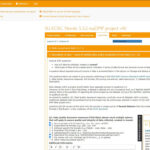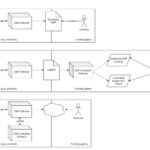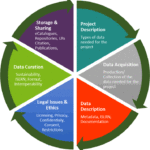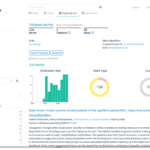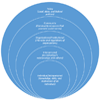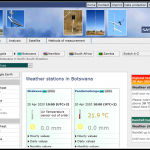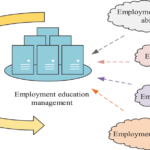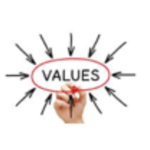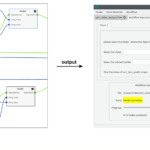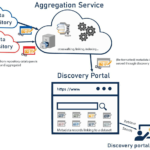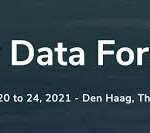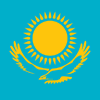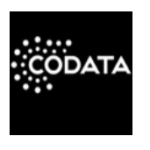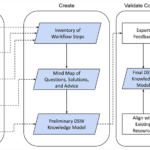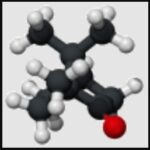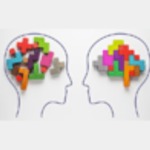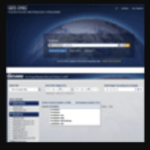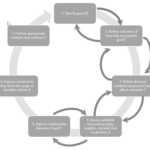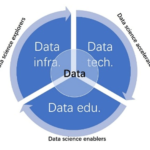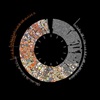

Running Dry Racing Against Time to Secure Our Water Future
Reviewing our progress in 2023, we need to catch up to our 2030 targets, particularly in water resources management. Despite challenges, the 2023 UN Water Conference and World Water Week have made strides towards a water-secure world. However, achieving these targets will require $114 billion per year in capital expenditure. It’s time for bold commitments, innovative solutions, and global collaboration!
At Climate Ambition Summit, UN Agencies and IFRC kickstart Major Initiative Towards Realizing Early Warnings for All by 2027
An initial injection of US$1.3 million from the Green Climate Fund (GCF) will be used to kick-start a much larger initiative aimed at delivering $157 million from the GCF and partner governments to move towards universal early warning for all.
How Nature-Based Solutions Can Build Urban Resilience: Four Lessons from SEI’s Work in South Asian Cities
Nature-based solutions can help address environmental challenges in cities but community involvement and engagement is crucial to utilize local knowledge and create sustainable solutions. Here we provide four lessons based on SEI’s collaboration at the ground level to show how NbS can be made to work to address environmental challenges in cities.
Drones and Planes: Unprecedented Imagery Resolution Supports Disaster Assessment
The first use cases of drones and airplanes to collect high-resolution imagery helped the EU respond to emergencies and track disaster recovery with unparalleled accuracy. The potential to support disaster management looks promising.
Effective Visual Communication of Climate Change
Boulder, Colo., USA: The consequences of a warming climate frequently dominated the news this summer, from devastating wildfires and floods to deadly heat waves across the globe. Reducing harm from climate change is a challenging endeavour, and it requires comprehensive public education. Thus, the question arises: How can climate change science be made most accessible to the general population, as well as decision-makers and educators?
The Threat of Wildfires is Rising. So are New Artificial Intelligence Solutions to Fight Them
Wildfires fueled by climate change have ravaged communities from Maui to the Mediterranean this summer, killing many people, exhausting firefighters and fueling demand for new solutions. Enter artificial intelligence. Firefighters and startups are using AI-enabled cameras to scan the horizon for signs of smoke. A German company is building a constellation of satellites to detect fires from space.
“From satellites to sandbags”: Putting Water at the Heart of Climate Action.
As proved so tragically in Libya last week, while water holds the key to life, all too often it kills.
Whether – like in Derna – it’s too much water leading to floods, or too little water causing droughts, or polluted water resulting in health risks, addressing the dangers that water poses can save lives. As climate change intensifies these threats, there is an urgent need for action.
The Environmental Dimensions of Libya’s Flood Disaster
The catastrophic flooding in eastern Libya is a human and environmental disaster that has claimed thousands of lives. In this report we examine the main environmental considerations in the short and long-term, both to help inform the humanitarian response and later recovery. We also reflect on how years of conflict and insecurity in Libya contributed to the disaster.

The Ocean as a Solution to Climate Change: Updated Opportunities for Action
Analysis finds that full implementation of ocean-based climate solutions that are ready for action now could reduce the “emissions gap” by up to 35 percent on a 1.5°C pathway in 2050.
Resilience Evidence Forum 2023: Synthesis report
This Synthesis Report presents the findings and insights from the Resilience Evidence Forum that took place in June 2023. The report underscores the pressing need to build upon our progress, recognise the various forms of evidence—be it scientific, local knowledge, indigenous knowledge, or conveyed through storytelling—and elevate resilience as a collective, paramount objective.
Intangible Cultural Heritage within the Laws and Policies of South Pacific Small Island States in the climate crisis
Intangible Cultural Heritage within the Laws and Policies of South Pacific Small Island States in the Climate Crisis: Towards a More Resilient and Inclusive Approach’ is the first Special Edition of the Periscope Paper Series, an Occasional Analysis Paper/Brief series of the Konrad Adenauer Stiftung’s (Foundation) Regional Programme Australia and the Pacific. This edition deals with the protection of intangible cultural heritage in Fiji, Kiribati, Papua New Guinea, Samoa, Solomon Islands, Tonga, Tuvalu, and Vanuatu.
World Risk Report 2023: Focus: Diversity
The WorldRiskReport (WRR) 2023 examines the complex interrelationship between crises, marginalized groups, and the diverse structure of societies. Diversity plays a significant role in how disaster risk is distributed within a society. While it is true that disasters, extreme natural events, and crisis affect everyone in the immediate surroundings, the impact of the negative consequences tends to be more severe for marginalized groups such as people read as female, persons with disabilities, or members of the queer community.
Integrating Resilience into Municipal Infrastructure Delivery in Kenya
This Resilient Urban Infrastructure Guidelines forms one of a suite of reports developed by AECOM for the World Bank Group under the ‘Enhancement of Resilient Urban Planning and Infrastructure Investments in Urban Areas in Kenya’ assignment and constitutes Deliverable 2. This guidance note is based on a diagnostic assessment (Urban Resilient Infrastructure Assessment Report) of municipal infrastructure investments under the Kenya Urban Support Program (KUSP) 2018 – 2023.
Impacts of Medicanes on Geomorphology and Infrastructure in the Eastern Mediterranean
This study developed a systematic record of the direct impacts of Medicane Ianos on the Ionian Islands, in Greece, as a characteristic case study illustrating the potential effects of such an extreme event on a developed Mediterranean coastal area. Despite being relatively rare, Mediterranean tropical-like cyclones, also known as Medicanes, induce significant impacts on coastal Mediterranean areas.
Beyond the Horizon: Projecting Bhutan’s Water Future in a Changing Climate
Data can be a tricky beast. It can either illuminate our path or leave us groping in the dark. We decided to tackle this head-on. We harnessed the power of the latest climate change scenarios, leveraged satellite-driven rainfall data to train our historical database, and employed the basin-wide hydrological model (ArcSWAT) to evaluate future water availability across various basins.

Cities by Citizens Event 2
The objective of the Cities by Citizens initiative is achieving cities which are proactively planned to meet the needs of all through inclusive, meaningful and effective public participation in the planning process, as well as informed and transparent political decision-making on strategy and developments in urban areas.
International Data Week 2023: A Festival of Data, 23–26 October 2023, Salzburg, Austria
International Data Week brings together a global community of data scientists and data stewards; researchers from all domains; data, interoperability, and informatics experts from all fields; industry leaders, entrepreneurs, and policymakers.
Integrating Disaster Risk Data in Policy: CEMS’ Annual Conference 2023
Join us on Disaster Risk Reduction Day (13 October 2023) to learn about Copernicus and the Joint Research Centre’s (JRC) work on crisis management and the risks and opportunities of the future.
Training on Enhancing Inclusive Local Disaster Risk Reduction Strategies Using Disability Inclusion Scorecard Annex
This courses objective is to raise awareness on the inclusion of persons with disabilities in disaster risk management and Introduce the Disaster Resilience Scorecard for Cities – Annex for the Inclusion of Persons with Disabilities and its application for enhancing sub-national disaster risk reduction planning and implementation.
COSMOS 2024 Call for Contributions – Deadline Extended to 13 October
We invite the statistical and metadata communities to submit contributions for the first Conference On Smart Metadata for Official Statistics 2024 (COSMOS 2024), to be held on 11-12 April 2024 in Paris, France.
Webinar: Driving Measurable Change: Leveraging UN SDGs for Impact Investing
As the world reaches the midway point in its journey towards achieving the 17 Sustainable Development Goals by 2030, reinvigorating progress and aligning efforts across various sectors has never been more pressing.





